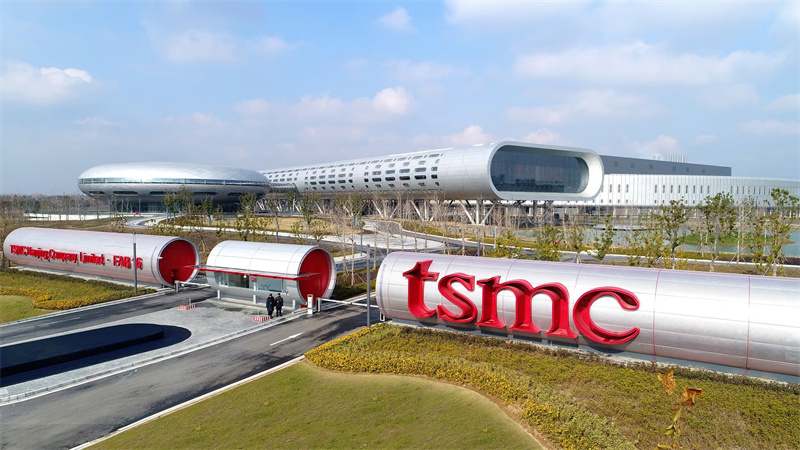Taiwan has passed new legislation aimed at tightening control over the export of advanced semiconductor process technologies, effectively barring chip giant TSMC from deploying its most cutting-edge nodes in overseas facilities. The revised Industrial Innovation Act, particularly Article 22, introduces an “N-1” rule that restricts outbound investment from including Taiwan's latest semiconductor manufacturing processes.
Premier Cho Jung-tai confirmed the rule will apply to TSMC's planned operations in the United States, where the company recently expanded its investment commitment from $65 billion to $165 billion. Under the “N-1” policy, TSMC would only be allowed to export one generation behind its current leading-edge process node.

At present, TSMC's most advanced node is N3P, but production on its next-generation N2 process is expected to begin by the end of this year. By late 2026, the company aims to introduce both N2P and A16 nodes for different market segments. The new law leaves it unclear which technologies will be considered restricted, or how the restriction will apply once multiple flagships are in production.
Previously, Taiwan's regulations did not mandate such restrictions for outbound semiconductor investments. The newly amended Article 22 now elevates these controls to formal law, giving the government authority to block or revoke overseas investments that may threaten national security, harm economic development, breach international obligations, or involve unresolved major labor disputes. Violations may result in fines up to NT$10 million (approx. $308,000), though critics note such penalties are unlikely to deter large-scale investments from companies like TSMC.
The Ministry of Economic Affairs stated that implementation of the law will begin only after the completion of related sub-regulations, expected within six months. As such, the earliest enforcement date could be late 2025. Observers see the move as part of Taiwan's broader effort to protect its strategic edge in advanced semiconductor technologies amid escalating global tech competition and geopolitical tensions.
+86 191 9627 2716
+86 181 7379 0595
8:30 a.m. to 5:30 p.m., Monday to Friday
